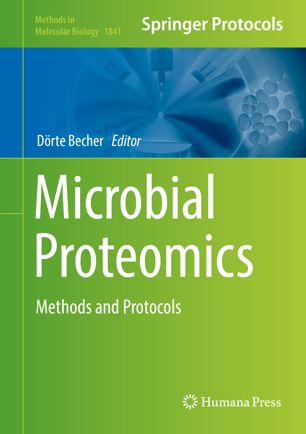

Most ebook files are in PDF format, so you can easily read them using various software such as Foxit Reader or directly on the Google Chrome browser.
Some ebook files are released by publishers in other formats such as .awz, .mobi, .epub, .fb2, etc. You may need to install specific software to read these formats on mobile/PC, such as Calibre.
Please read the tutorial at this link: https://ebookbell.com/faq
We offer FREE conversion to the popular formats you request; however, this may take some time. Therefore, right after payment, please email us, and we will try to provide the service as quickly as possible.
For some exceptional file formats or broken links (if any), please refrain from opening any disputes. Instead, email us first, and we will try to assist within a maximum of 6 hours.
EbookBell Team

4.0
36 reviewsThis detailed volume explores state-of-the-art methods for the identification, quantification, and characterization of microbial proteins. Split into five parts, the content addresses global sample preparation and protein enrichment, subcellular fractionation, protein quantification, analysis of post-translational protein modifications, as well as metaproteomics, a relatively new branch of microbial proteomics that investigates the proteins of all microbes comprising an environmental consortium. Written for the highly successful Methods in Molecular Biology series, chapters include introductions to their respective topics, lists of the necessary materials and reagents, step-by-step, readily reproducible laboratory protocols, and tips on troubleshooting and avoiding known pitfalls.
Authoritative and practical, Microbial Proteomics: Methods and Protocols serves as a valuable and stimulating source for all beginners and advanced researchers in the field of microbial proteomics and beyond.
Chapter 18 is available open access under a Creative Commons Attribution 4.0 International License via link.springer.com.